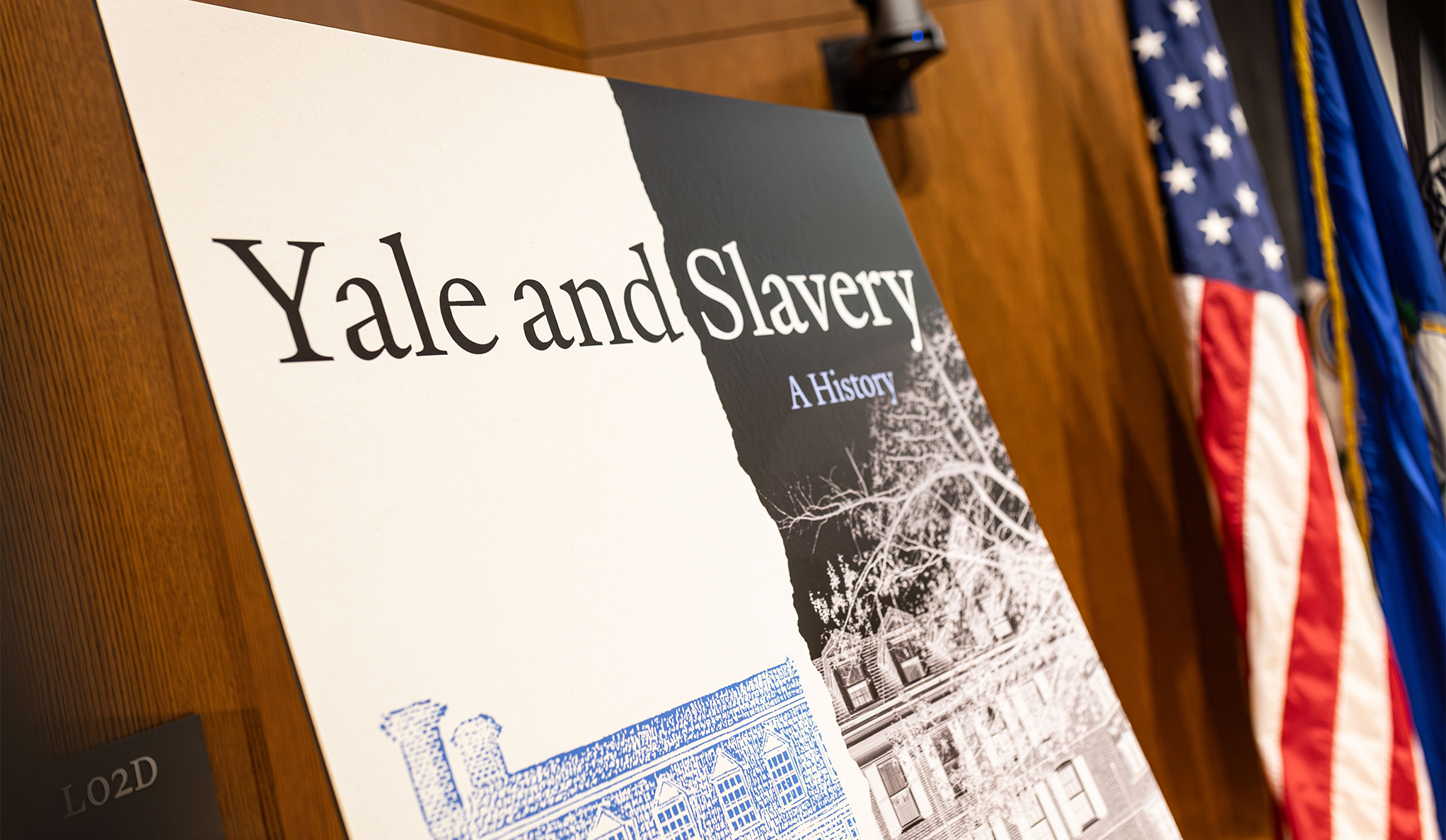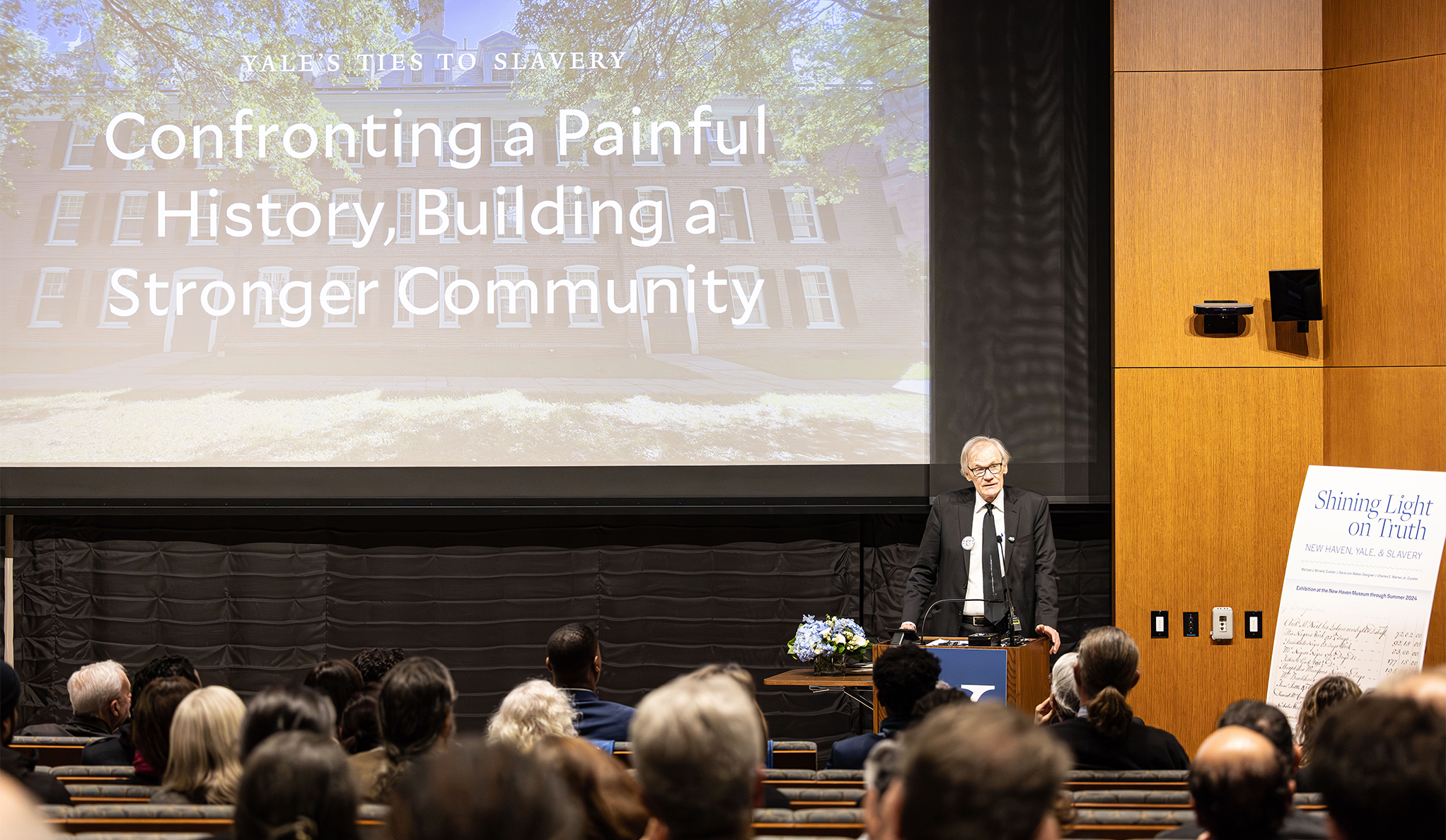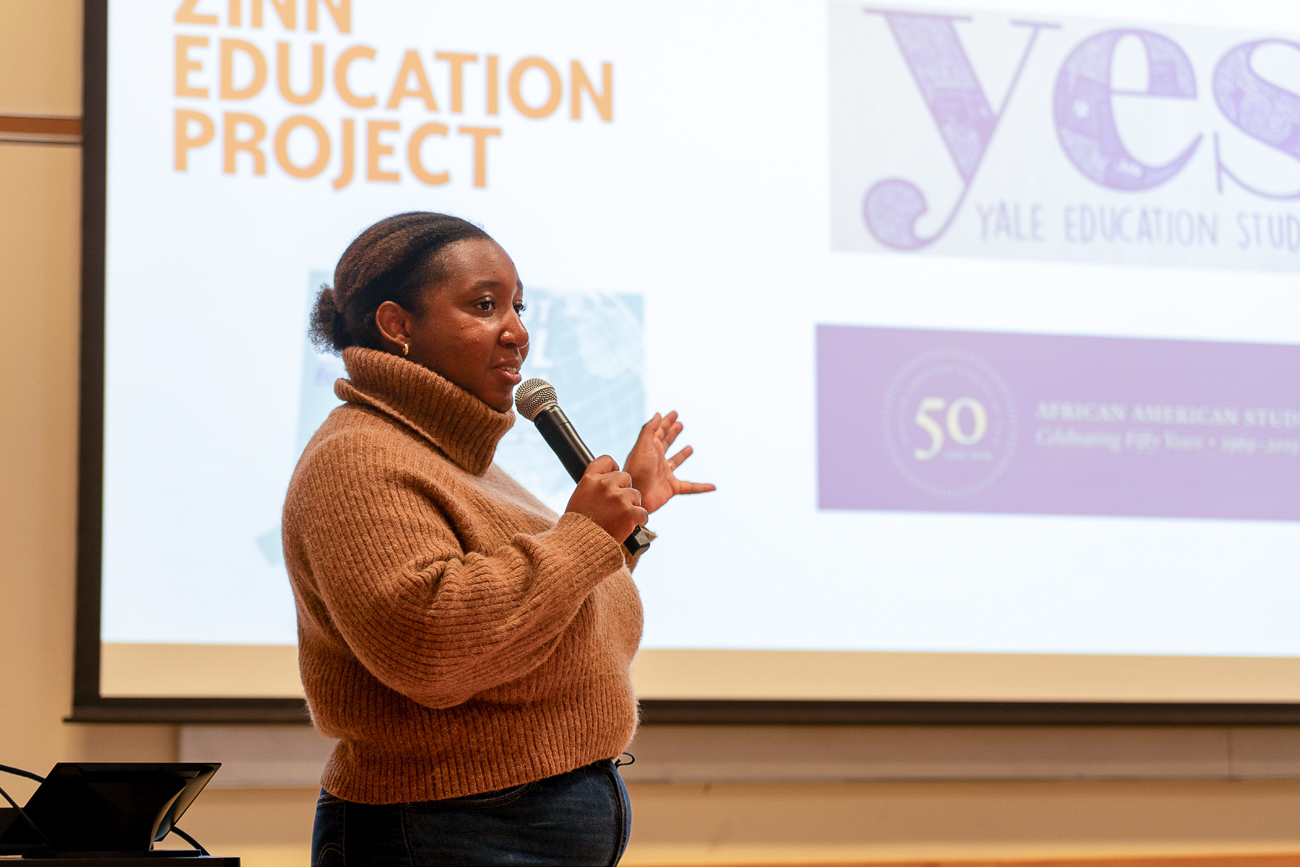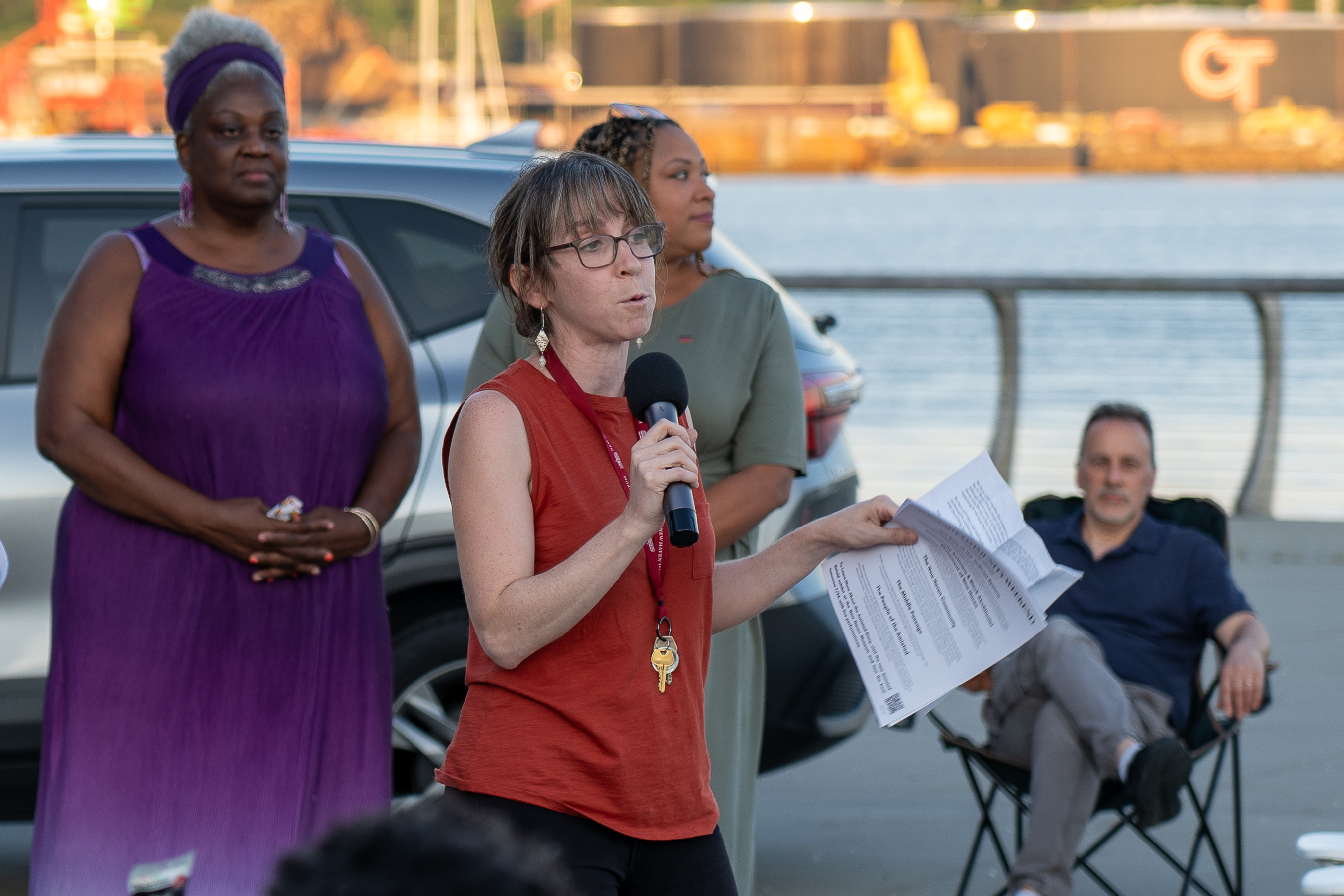Yale Announces 2025 Launch of the Yale and Slavery Teachers Institute
 Yale News
Yale News
For Immediate Release: July 8, 2025
New Haven, Conn.— Yale University’s Gilder Lehrman Center for the Study of Slavery, Resistance, and Abolition (Gilder Lehrman Center or GLC) announces the launch of the inaugural summer session of the Yale and Slavery Teachers Institute (the Institute or YSTI). The Institute is one of several initiatives sponsored by the university in response to the Yale and Slavery Research Project and the publication of Yale and Slavery: A History, authored by David W. Blight. Blight is the Sterling Professor of History at Yale and the Director of the Gilder Lehrman Center, which is part of the MacMillan Center for International and Area Studies at Yale.
The institute’s inaugural program, “Teaching Slavery in New England,” will run from July 14 to July 23. From a field of more than 150 applicants, 29 teachers were selected to participate in the Institute. The teachers work at public and private schools in New Haven and other Connecticut towns as well as Vermont, Rhode Island, and New York. These elementary, middle, and high school educators teach students history, literature, and the social sciences. Over the course of the summer residency, each will revise an existing lesson and design new learning experiences based on the insights gained.
 Yale News
Yale News
GLC Director David Blight at the February 19, 2024 launch of Yale and Slavery: A History
As then-President Peter Salovey announced in February 2024, the Yale and Slavery Teachers Institute is designed to increase educational access and foster innovation in teaching regional history. With generous support from the Yale University Office of the President, the YSTI is organized by the GLC under the leadership of Director of Education Daisha Brabham and support from Glider Lehrman Center’s staff.
“We are excited to share Yale’s resources with New England teachers at a time when public education and the value of historical knowledge are under attack,” said GLC Associate Director Michelle Zacks.
The primary goal of the YSTI is to support K-12 educators in New England as they incorporate Black and Indigenous history into their curricula to meet new state mandates.
 Photo by Daniel Vieira
Photo by Daniel Vieira
Daisha Brabham, GLC Director of Education and Public Outreach
Susan Gibbons, Chief of Staff to Yale President Maurie McInnis, praised the program for empowering teachers to “co-develop the curricular material in collaboration with scholars, public historians, Native communities, and other groups.” These pedagogical methods and resources will be disseminated regionally for the benefit of students, educators, and the general public.
Curricular materials for the YSTI are grounded in the historical topics and scholarship that come from Yale and Slavery: A History. For each of three years, a unique cohort of teachers will collaborate with Yale and community partners to explore a designated theme. Each year provides teachers with a summertime residential professional development opportunity as well as virtual meetings and resource-sharing throughout the year.
Anticipating her arrival in New Haven for the inaugural session, Vermont high school teacher Sara Reed expressed her excitement about using Yale resources “to locate narratives of enslaved individuals.” Her students, she added, respond eagerly to “real voices…so much more than dry facts” and the Institute will “help to make the past come alive for them, and then to connect that learning to the present.”
Place-based learning is a core element of the program. Participants will visit sites tied to the history of slavery in New England, engage in community-led walking tours, explore museum exhibitions, and engage in discussion with scholars, curators, and archivists. Throughout the Institute, teachers will gain familiarity with new research findings, primary sources, and databases and will explore pedagogical uses of literature and the arts. Grade-level workshops will help educators translate this knowledge into classroom practice.
 Photo by Daniel Vieira
Photo by Daniel Vieira
Joanna Steinberg, Director of Learning and Engagement, New Haven Museum
The New Haven Museum is one of the sites the group will visit locally. Teachers will tour the newly reconceived Amistad: Retold exhibition and learn about New Haven connections to the slave trade, abolition and resistance, and the lives of enslaved and free Black people in the region. Joanna Steinberg, Director of Learning and Engagement for the New Haven Museum, expressed her excitement about the “unique opportunity” the YSTI offers “to work collaboratively with educators to discuss interdisciplinary and inquiry-based approaches to activate discussion and ensure that our students are learning and accessing this history.”
The Yale and Slavery Teachers Institute will continue in the summers of 2026 and 2027, covering the themes of Indigenous New England and the Black Freedom Struggle in the North. During the final year of the YSTI, 2028, participating teachers will share models for classroom activities, successful student and community projects, and artistic responses through a series of public programs.
For more information, visit the Yale and Slavery Teachers Institute website or contact
Gilder Lehrman Center Program Coordinator Tamara Michel at 203-432-5718 or tamara.michel@yale.edu or GLC Associate Director Michelle Zacks at 203-432-9238 or michelle.zacks@yale.edu.